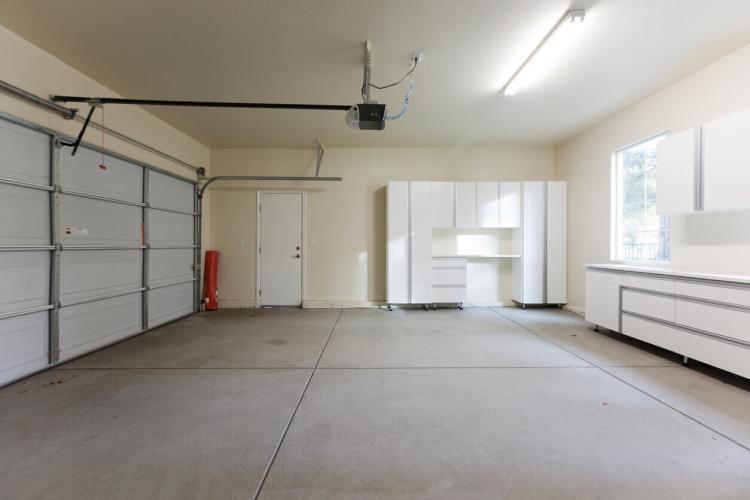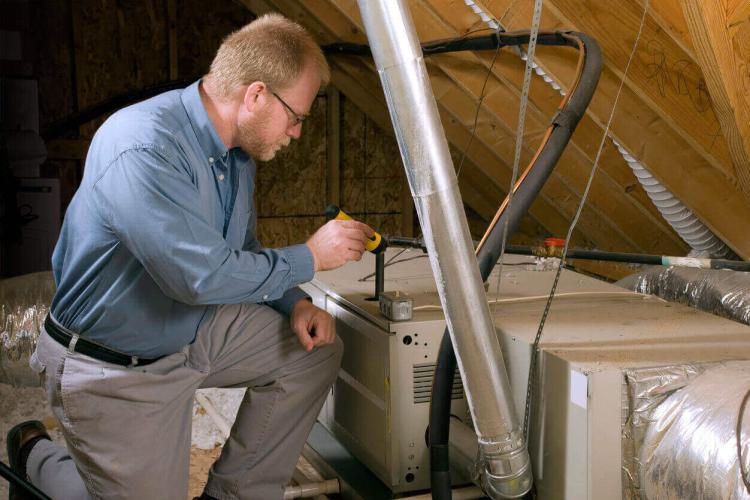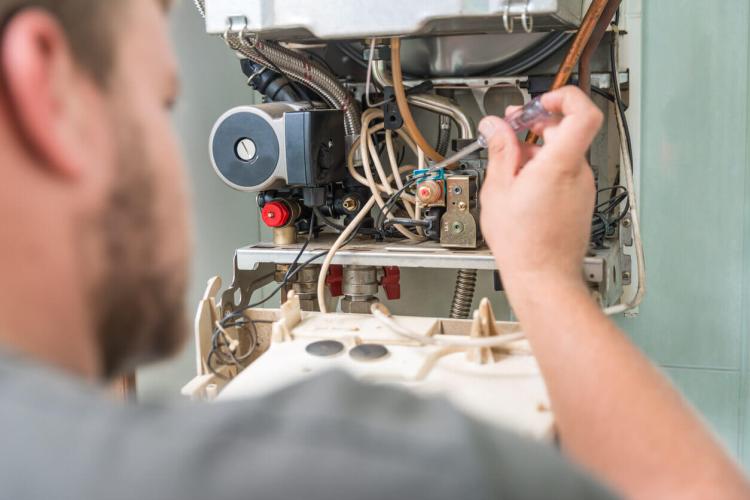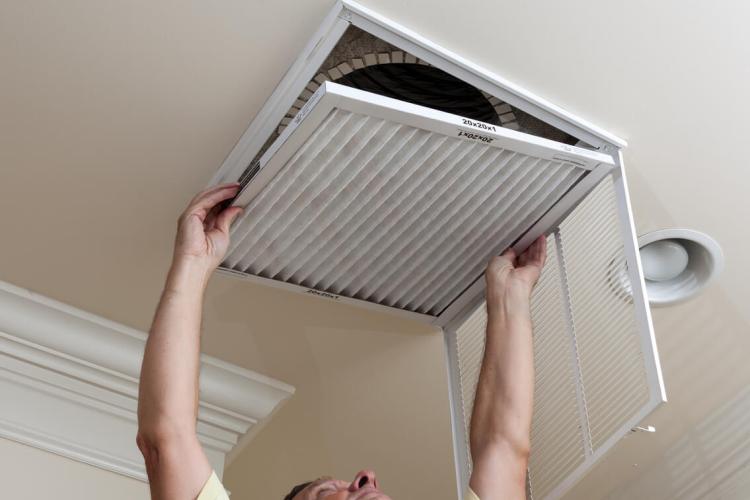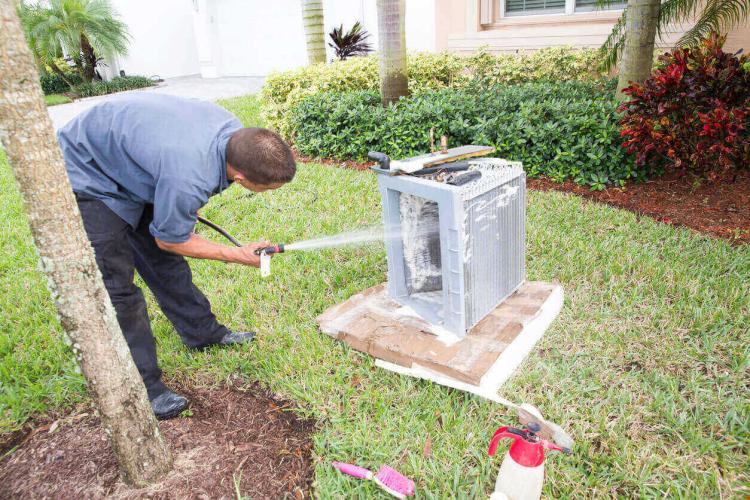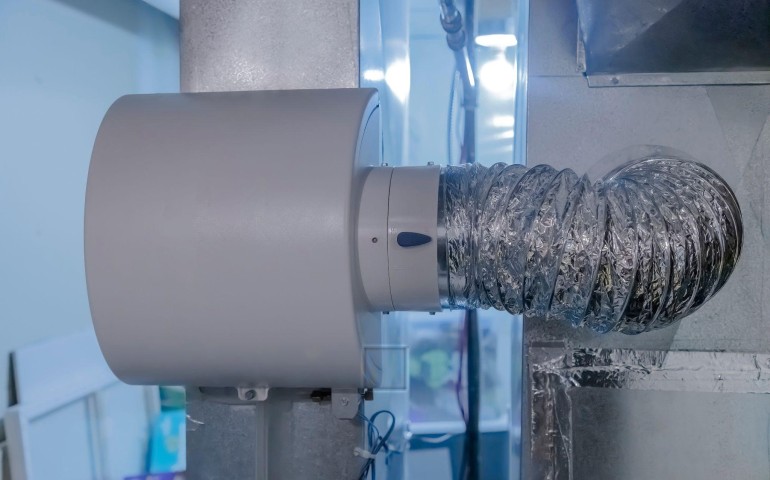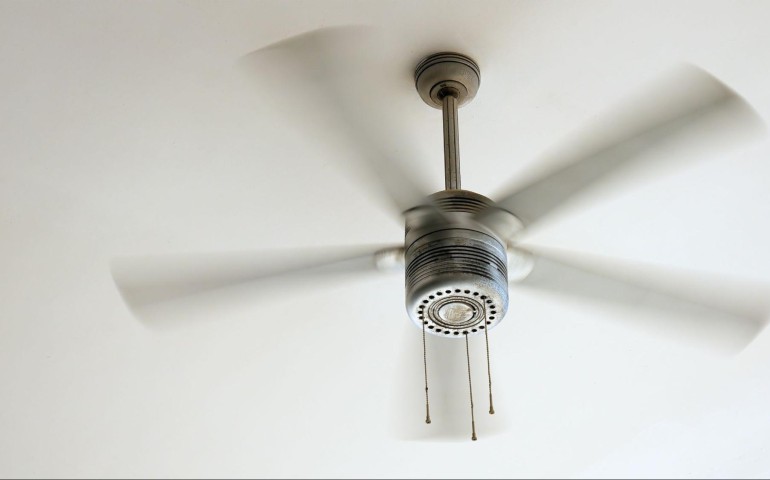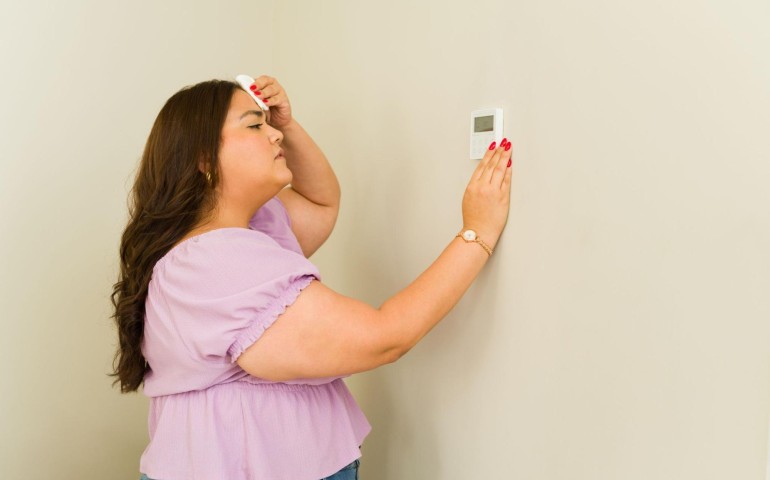During days of extreme heat, the space within your garages could become hot. This is also one of the most overlooked parts of home ventilation. If you spend a lot of time inside it, you might want to make sure it will be cool enough for summer.
Even if you don't spend a lot of time in your garage, you could still enjoy proper ventilation. This is particularly true if it connects to your home as its heat might find its way into your living spaces.
Your Vehicles
One of the main reasons for ventilation is to bring down high temperatures. Take note though that cars heat up when they’re used. Leaving a car on in the garage will contribute an amount of warmth.
When driving home from work, your car will most likely have been in operation for a rather long time. It will still be hot minutes after turning it off. If possible, park your car in a shaded area if you’ve arrived at a scorching time of the day. Park it inside once the sun has set or when the environment is much cooler.
Of course we don’t expect everyone to be able do this. Given your awareness, you should consider this when ventilating your garage. Your system will have to accommodate the added heat produced by your vehicle.
Business hours
We offer 24 hour emergency service! Please call (847) 792-1019.

